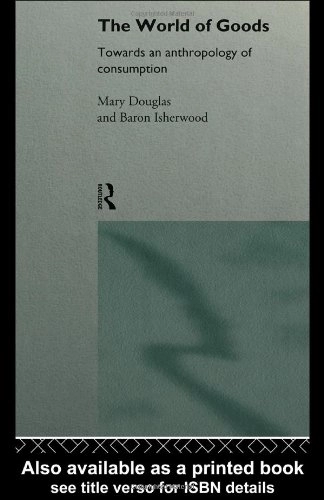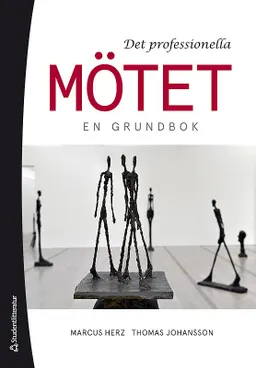When an anthropologist and an economist combine to write a book about consumption it is not a sermon against materialism, nor a moan against consumerism. The World of Goods, in this new edition with a new introduction, bridges a gap between what economists say about the specialized topic called consumption behavior, and what anthropologists know about why people want things. The economist assumes the desire for objects is an individual psychological urge. The anthropologist assumes objects are desired for giving away, or sharing, or fulfilling social obligations. Saying that consumption is for other people turns the whole subject on its head. Consumption is not a way of behaving that is added on after social patterns have been fixed. It is part of a way of life. When the Berlin Wall crumbled it was said to be falling before the East Germans' demand for Western consumer goods. It would be just as true to see their demand to live in a free society as the prime energizer for change, motor bikes, cosmetics and politics being just part of a package. This book offers a completely original way of thinking about consumption as a series of rituals. Consumption is making gestures for marking esteem, marking the calendar, marking identity, like the hall-marking of silver. Shopping is preparing for consumption rituals, or developing the infrastructure for them. The patterns of consumption show up the pattern of society. In a closed community spending is controlled by public scrutiny. We have consumerism because the frontiers of industrial democracy are open. We should watch the flow of goods if we want to understand what consumption is doing to the form of society.
Åtkomstkoder och digitalt tilläggsmaterial garanteras inte med begagnade böcker





















